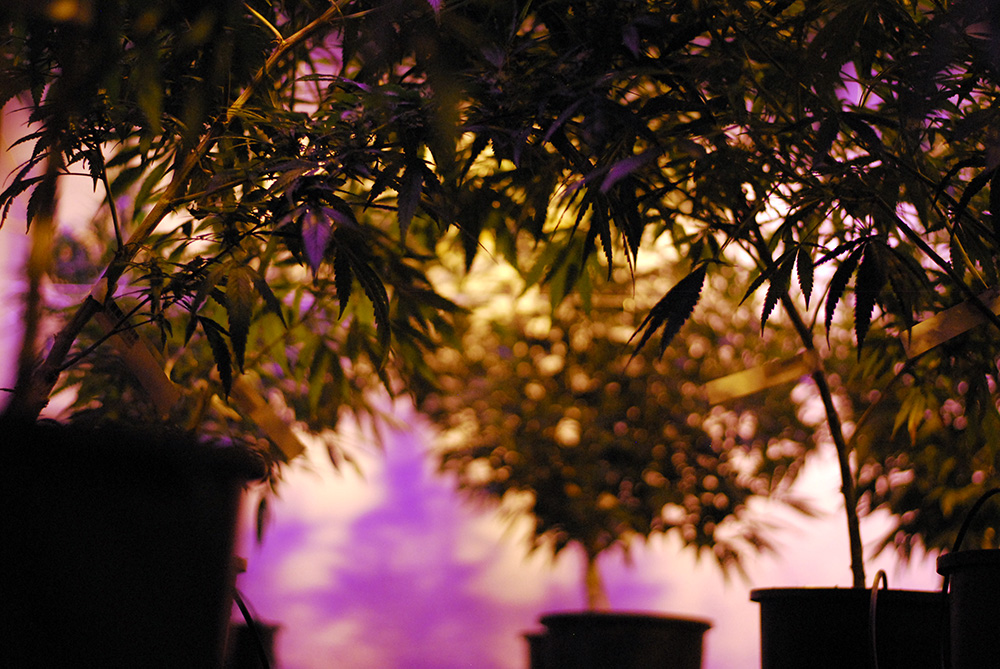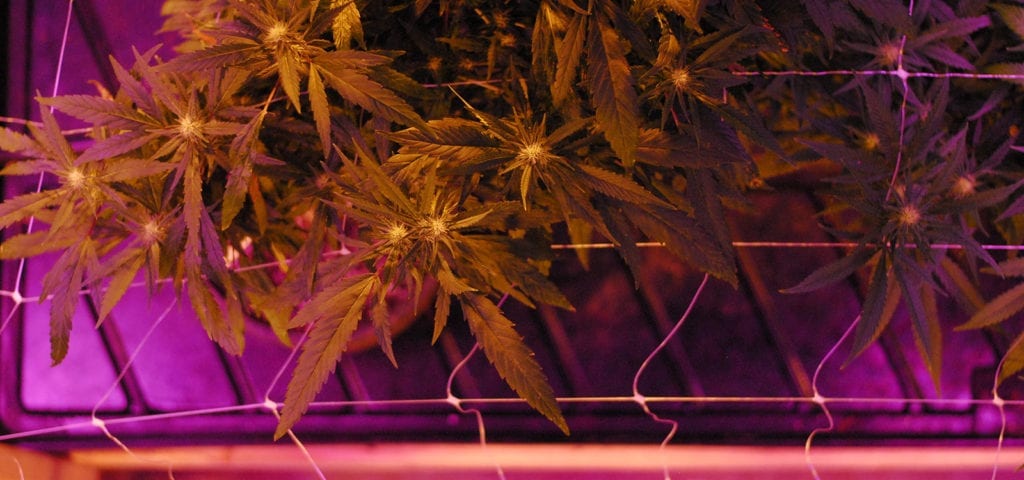Recently, an article was published covering the use of cannabis in the treatment leukemia, which caused quite a stir within the medical cannabis community. And although the results of this study are indeed promising, the researchers are certainly not the first to show the potential leukemia-fighting power of cannabis.
The history of research on cannabis and leukemia stretches far back and encompasses a wide array of studies using different types of cannabis compounds — so let’s rewind for a moment.
What is leukemia and how is it treated?
Leukemia is a type of cancer where there is an imbalance of red and white cells in the blood and bone marrow. There are several different types of leukemia but they all progress quickly.
Chemotherapy is recommended as first-line treatment for leukemia, an effective cocktail of chemicals that also causes significant side effects like immune suppression, hair loss, and flu-like symptoms. Chemotherapy targets all blood cells, not just cancer cells, so it can end up leaving the body pretty damaged while fighting the disease.
Over the course of chemotherapy, some cancer cells develop strategies to evade the effects of treatment, such as developing protective genetic mutations that make them treatment-resistant. This is often the reason why cancer may come back even after rounds and rounds of treatment and why it’s difficult for patients to respond to additional therapies.
Although chemotherapy is still considered the mainstay of leukemia treatment, the development of more tailored treatments, including immunotherapies that use the body’s natural defenses to target the cancer, has resulted in a substantial improvement in survival rates within the last decade.
However, there is still significant room for improvement in leukemia treatment protocols. And that’s where cannabis comes in.
What does research say about cannabis and leukemia?
Since cancer patients have used cannabis for quite a while to treat chemotherapy side effects, it was natural for researchers to start exploring the effects of cannabis on the disease itself.
Research in cellular models has revealed that cannabis has some promising effects on leukemia. In 2005, a study by Powles et al. demonstrated that THC, the active metabolite of cannabis, induces apoptosis (programmed cell death) in leukemia cell lines as early as six hours following THC administration. They also found that these effects were mediated through the cannabis receptors CB1-R and CB2-R.
Additional research also indicated that cannabidiol (CBD)/THC-mediated apoptosis works by targeting mitochondria (powerhouses of the cell) (Jia et al., 2006; McKallip et al., 2006). And another recent study showed that CBD reduced the size of leukemia cells and affected their viability (Kalenderoglou et al., 2017).
Thus, researchers have been able to establish that THC can both target leukemia cells and prevent new growth (Kampa-Schittenhelm et al., 2016).
So, isn’t that enough proof that cannabis kills leukemia cells?
Well, not exactly. This research was carried out in leukemia cell lines or in non-human animals, not tested in humans – so, we still don’t have direct evidence that cannabis can effectively treat leukemia patients.

The most recent study — published just months ago by Scott et al. (2017) — showed that phytocannabinoids, related compounds extracted from cannabis, can be used in combination with current therapies to enhance their effect on leukemic cells. In addition, superior results were obtained when the phytocannabinoids were administered following chemotherapy, not the other way around.
While these findings are indeed promising, these experiments were also conducted in leukemia cell lines, not in humans. So, we still can’t make can’t make scientific conclusions about the direct effects of cannabis on leukemia.
However, the finding that sequencing plays an important role in the cannabis/chemotherapy treatment effect may help with the design of cannabis clinical trials, perhaps even informing leukemia treatment protocols in the future (Shah & Schwartz, 2001; Scott et al., 2013). And that’s pretty great news.
What do we know about the effects of cannabis on leukemia patients?
A few preliminary studies have shown some direct evidence of a beneficial role for cannabis in leukemia patients, in addition to the anecdotal evidence reported in the media.
A case study published in 2013 by Singh & Bali reported the effects of a cannabinoid extract on a 14-year-old patient with acute lymphoblastic leukemia (ALL). This form of leukemia is rare and aggressive, and, in this case, the patient had Philadelphia chromosome mutation-positive ALL — the most difficult form to treat.
Following 34 months of treatment, including bone marrow transplants, chemotherapy, and radiation, the patient failed to achieve remission, at which time cannabinoids were administered. The cannabinoid treatment resulted in a dose-dependent decrease in leukemia cells across 78 days; unfortunately, the complications caused by prior treatments, as well as the course of the disease, resulted in non-survival.
However, another study revealed the potential use of CBD for the prevention of graft-versus-host-disease (GVHD) following bone marrow transplants (Yeshurun et al., 2015). Bone marrow transplants have the potential to bring leukemia patients into remission if they are able to receive treatment – but GVHD presents a significant barrier to remission. A Phase II clinical trial showed that CBD is a promising strategy for preventing GVHD, laying the groundwork for future clinical trials.
Although it may seem like there is a long way to go until we know for sure if cannabis can be used to treat leukemia, we are getting closer to that goal. At the end of July, a medical cannabis company called Medicanja Limited received orphan drug designation from the FDA for its cannabis-based treatment called chrysoeriol. This therapy is being evaluated in patients with acute myeloid leukemia. The company hopes to continue their research with the aim of getting this therapy to market within the next three years.
Stay tuned for additional coverage of medical cannabis and leukemia as new research becomes available.
Get daily cannabis business news updates. Subscribe
End
